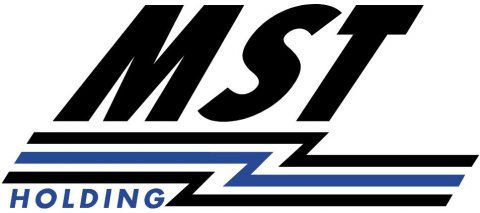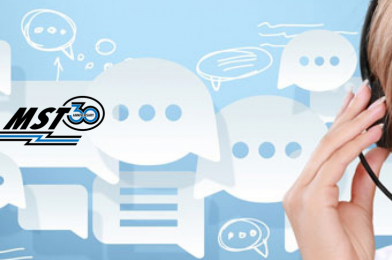Currently, the figure of the Carterized Manager in the Healthcare sector is a fundamental piece in the competitive strategy of any manufacturing company or distributor in the pharmacy channel. Not only because of the profitability and volume of business it generates, but also because of the added value it brings to the client.
At MST Holding we wanted to get to know a little better the day-to-day work of the Carterized Manager and we have conducted a short interview with one of them, which you can read below:
1. The main challenges you face in your day-to-day work.
We have quarterly objectives and every day I try to reach them, and always be positive, you can not slow down the pace of work to avoid surprises and to reach the goal set by the client.
Not to fail the client is my main challenge.
2. How many clients do you currently manage and what is the volume of business.
That depends on the number of pharmacies we call, but we handle approximately 30 orders a day, and if we are unable to contact them, we make sure we keep calling them so we don’t lose a sale.
I have an agenda to keep track of customers and thus organize the rotation and needs of each customer.
The volume of business depends a lot on the type of order and product we are dealing with, it is not the same an order of exclusive medicines that are very expensive than an order for example of dressings or dermo-aesthetic products where the average order is already lower. But normally we work with a demanding volume of work and the sales amounts are usually approximately 2.200€ of average order (with the exceptions that I have mentioned).
3. Differences between your current position and your previous sales roles.
The difference now with my previous jobs, is that the previous ones have always been face-to-face and the current job of portfolio manager is that I handle everything by phone in teleworking mode. Another important difference is that now I have a portfolio of clients and in my previous jobs I also had one, but I also had to reach a prospecting quota, that is to say to make new clients every month.
4. As a sales expert, what do you like most about being a Carterized Manager?
Personally, I love dealing with the public and the figure of the Carterized Manager allows me to have a closer and more informal relationship with customers. I also like challenges and testing myself by always surpassing the objectives set by myself, it is a way to stay motivated. I can manage a large number of pharmacies on a daily basis and this is a great challenge for me. I consider this to be a very important sector and I find it very rewarding to be able to contribute my experience and knowledge.
5. What personal success story are you most proud of?
In the last laboratory I worked in, it was quite complicated since everything, or almost everything, was prospecting and I opened many pharmacies from the list. One of them was in a center (I can’t say the name due to confidentiality!) where I had already tried several times to create a contact (other colleagues and even my boss) without success. Finally, I was able to place an order with them and thus create customer loyalty by opening a space in their pharmacy. This is a laboratory that is not very well known and I positioned myself alongside the rest of the laboratories with a recognized name. It was a great personal satisfaction.
If you want to know more about Gestor Carterizado you can contact us at: marketing@mstholding.com


